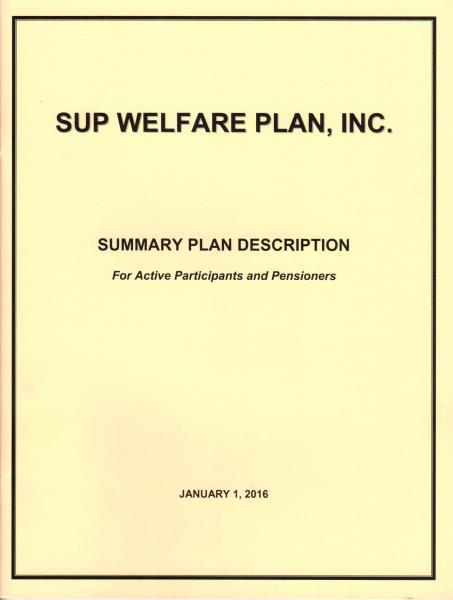Estate Planning - Wills and Trusts
Estate planning has become more important over the years because of tax laws and the importance of protecting your family and your assets. The purpose of estate planning is to make the best use of your financial benefits while you are living, and to avoid the payment of unnecessary taxes and determine how your property will be distributed upon your death.
Estate planning also includes planning for long-term health care decisions. For individuals who are incapable of making these health care decisions, someone else must make the decision for them. A durable power of attorney or living will are ways to provide direction to these third persons.
A will is a written document, which directs how property is to be distributed upon your death. A will lets you name an executor or trustee to handle the distribution of your estate, and whom you want to serve as a guardian for your minor children. A will allows you to designate beneficiaries to receive specific items from your estate. With wills your property is also subject to probate costs. Probate also becomes public knowledge and your estate information is available to all. If you die without a will the courts and judges, not you, will distribute your property.
A will is drawn up to come into effect after you die, however a living trust can start benefiting you while you are still alive. A trust is established while you are still living and is revocable, which allows you to make changes during your lifetime. You will transfer your property into your trust while you are alive. Any property you leave out of the trust can be transferred into the trust at the time of death by what is called a “pour -over” will. A “pour- over” will should always be made when you create a living trust. A trust will be used to manage your property before and after your death, as well as provide how your assets and income earned by the trust are distributed after your death. When you establish your trust you will name a successor trustee to manage your affairs upon your death. A living trust is not subject to probate, and therefore, all information in the trust will remain private.
All SUP members and retirees should have a will or trust created for them. There are many lawyers who specialize in estate and elder planning that can be of help to you. More information may be obtained on the Internet as well as senior centers and estate planning seminars.




